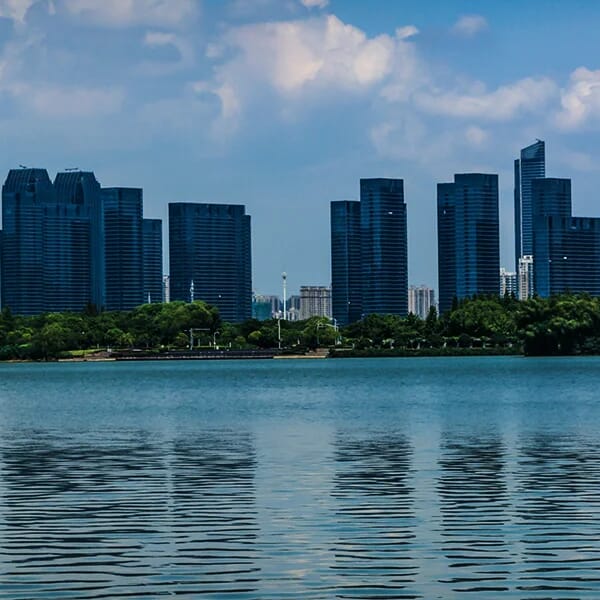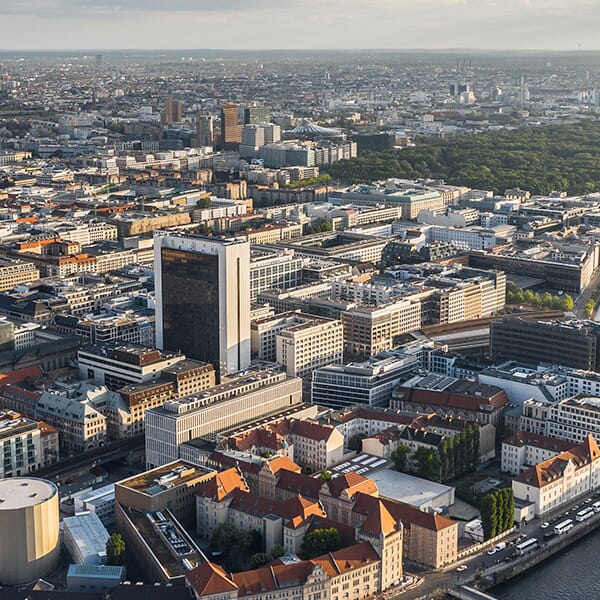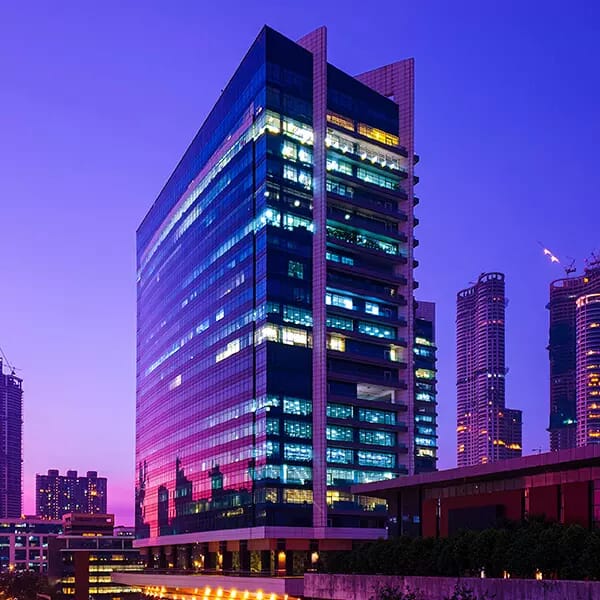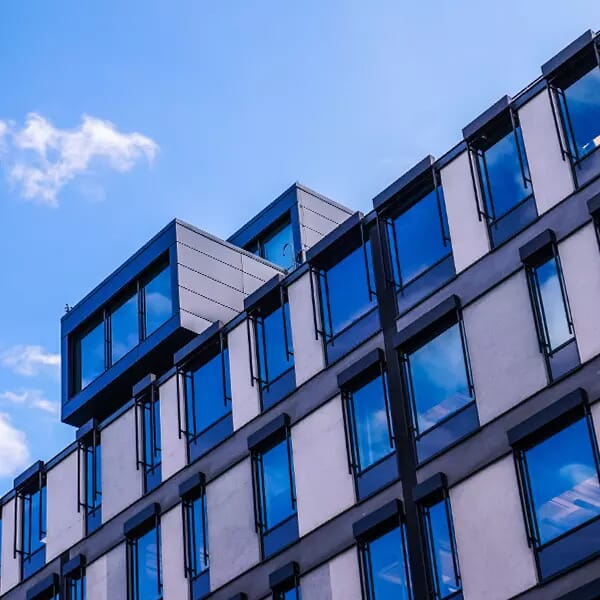 Credit: ikea / Pixabay
Credit: ikea / PixabayThe performance of Logistics Parks during quarantine
July 7, 2020Real Estate
Written by Giancarlo Nicastro, CEO at SiiLA Brasil
The ongoing COVID-19 pandemic has affected all social and economic spheres of our society, and this includes, the real estate market. Analyzing the three main commercial real estate industries: corporate offices, industrial parks, and shopping malls, it is clear that industrial property market has remained the most stable and certain assets have even been leveraged during this crisis.
Government´s restrictions and government imposed social distancing rules have barely altered the dynamics of logistics, where real estate is used for cargo transportation. This stands in sharp contrast to shopping malls and offices, which have been directly impacted.
Even before the Covid-19 crisis, SiiLA’s research was already revealing that e-commerce companies were increasing their share among tenants of logistic parks in Brazil. Over the past three months, e-commerce has established itself as a solution, driven by social distance and the population’s need to maintain consumption habits.
In order to meet all the demand that emerged practically overnight, companies have adapted their operations and invested in logistical solutions that include fulfillment as well as leveraging of postal service, drive through deliveries, and third-party carriers.
According to our research, the e-commerce sector has been largely responsible for new leases signed in logistics parks since the pandemic began. This demand reflects the need for companies to improve their logistics performance, reduce delivery costs, and increase product storage area.
Still the vast majority of the companies admit that while e-commerce is the best solution during the pandemic, the market is still far from achieving the sales volume that typically occur in physical stores. As noted, the e-commerce market is still a relatively new phenomenon in Brazil. When we compare it to the consumer market in the United States or Europe, we realize that in Brazil e-commerce is used by a very small portion of the population. On the other hand, people who, due to the pandemic, have benefitted from the convenience of e-commerce, are enjoying the experience and many reported that they will continue to buy on-line once the pandemic passes.
When negotiating a contract, we notice that the following options were considered:
While new industry, there are still significant risks associated with logistics operations. However, during the Covid-19 crisis, the strength and importance of this business model has become even more evident, and today it is already considered one of the most resilient and promising in the country.
Many market participants are predicting an increase in the sale price per square meter (m²) for industrial assets due to demand for this product type and its resilience during the current crisis. In the current climate, many investors find this property type attractive due to its superior perceived risk-adjusted return, especially with the low Brazilian interest rate (Selic) and lower returns for other non-real estate assets.
If this occurs, we forecast a decline in the rate of return (Cap Rate) of industrial properties, bringing these returns ??closer to those seen in other types of investment properties such as corporate offices and shopping malls.
The ongoing COVID-19 pandemic has affected all social and economic spheres of our society, and this includes, the real estate market. Analyzing the three main commercial real estate industries: corporate offices, industrial parks, and shopping malls, it is clear that industrial property market has remained the most stable and certain assets have even been leveraged during this crisis.
Government´s restrictions and government imposed social distancing rules have barely altered the dynamics of logistics, where real estate is used for cargo transportation. This stands in sharp contrast to shopping malls and offices, which have been directly impacted.
Even before the Covid-19 crisis, SiiLA’s research was already revealing that e-commerce companies were increasing their share among tenants of logistic parks in Brazil. Over the past three months, e-commerce has established itself as a solution, driven by social distance and the population’s need to maintain consumption habits.
In order to meet all the demand that emerged practically overnight, companies have adapted their operations and invested in logistical solutions that include fulfillment as well as leveraging of postal service, drive through deliveries, and third-party carriers.
According to our research, the e-commerce sector has been largely responsible for new leases signed in logistics parks since the pandemic began. This demand reflects the need for companies to improve their logistics performance, reduce delivery costs, and increase product storage area.
Still the vast majority of the companies admit that while e-commerce is the best solution during the pandemic, the market is still far from achieving the sales volume that typically occur in physical stores. As noted, the e-commerce market is still a relatively new phenomenon in Brazil. When we compare it to the consumer market in the United States or Europe, we realize that in Brazil e-commerce is used by a very small portion of the population. On the other hand, people who, due to the pandemic, have benefitted from the convenience of e-commerce, are enjoying the experience and many reported that they will continue to buy on-line once the pandemic passes.
Rent renegotiation
Analyzing the lease agreements for companies in logistical parks, we noticed that there were many requests made by tenants for a reduction in rent during the pandemic period. In general, the owners were open to a negotiation. However, we heard from several owners that, before granting the discount, it would be considered and analyzed whether the tenant's operation had, in fact, been affected by the pandemic.When negotiating a contract, we notice that the following options were considered:
- Partial deferment of rent to months following the end of Covid restrictions
- Partial reduction of payment in return for an increase in the termination fee
- Short-term free rent, with the possibility in some cases of upward revision of rent after this period.
Cap Rate perspectives for logistics properties
The demand for logistic parks is still a relatively recent phenomenon, but it grows on a large scale every year. In Brazil, the implementation and development of this type of property has gained strength in the last decade.While new industry, there are still significant risks associated with logistics operations. However, during the Covid-19 crisis, the strength and importance of this business model has become even more evident, and today it is already considered one of the most resilient and promising in the country.
Many market participants are predicting an increase in the sale price per square meter (m²) for industrial assets due to demand for this product type and its resilience during the current crisis. In the current climate, many investors find this property type attractive due to its superior perceived risk-adjusted return, especially with the low Brazilian interest rate (Selic) and lower returns for other non-real estate assets.
If this occurs, we forecast a decline in the rate of return (Cap Rate) of industrial properties, bringing these returns ??closer to those seen in other types of investment properties such as corporate offices and shopping malls.







